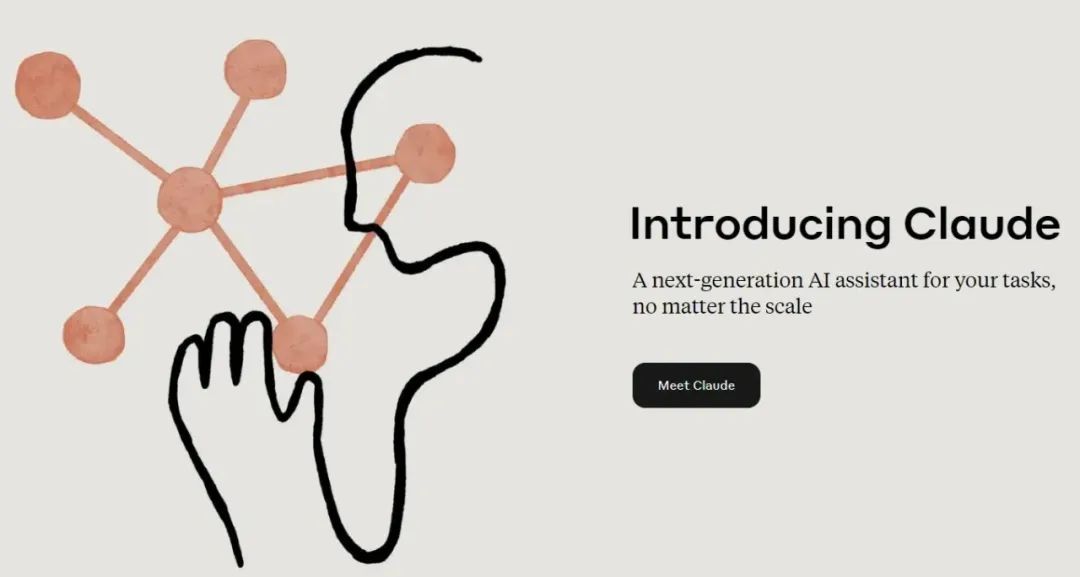5 Tips for Developing Intelligent Customer Service with Anthropic Claude API
I recently created an intelligent customer service system using the Claude API, and I found it quite interesting. This AI assistant is amazing; it answers everything, much more professionally than my human customer service representatives. However, I encountered many pitfalls during the development process, and today I want to share my insights with you, hoping they will be helpful.
1. Customized Prompts
Claude is very smart, but you need to tell it what to do.
 I found that writing good prompts is particularly important; you need to tell it your business scenarios and customer service standards. For example:
I found that writing good prompts is particularly important; you need to tell it your business scenarios and customer service standards. For example:
system_prompt = """
You are the intelligent customer service assistant of XXX Company. Please answer user questions in a friendly and professional tone, following these rules:
1. Do not disclose user privacy information
2. For issues that cannot be resolved, transfer to human customer service
3. Use emojis to increase friendliness 😊
...
"""
response = client.chat.completions.create(
model="claude-3-opus-20240229",
messages=[
{"role": "system", "content": system_prompt},
{"role": "user", "content": user_question}
]
)
With this, Claude knows how to behave. You need to train it multiple times; don’t expect perfection on the first try.
2. Context Management
Each conversation with Claude is independent, but customer service often requires continuous dialogue. We need to find a way to give it some memory; here’s how I did it:
conversation_history = []
def chat_with_claude(user_input):
conversation_history.append({"role": "user", "content": user_input})
response = client.chat.completions.create(
model="claude-3-opus-20240229",
messages=conversation_history
)
ai_response = response.choices[0].message.content
conversation_history.append({"role": "assistant", "content": ai_response})
return ai_response
This way, Claude can remember what was discussed before, making the responses more coherent. However, don’t store too much history, as it may exceed the token limit.
3. Error Handling
API calls can occasionally fail, such as due to network issues or token limits. We need to implement good exception handling:
import anthropic
import time
def retry_on_error(func, max_retries=3):
for attempt in range(max_retries):
try:
return func()
except anthropic.RateLimitError:
if attempt == max_retries - 1:
raise
time.sleep(2 ** attempt) # Exponential backoff
except Exception as e:
print(f"An error occurred: {e}")
return "Sorry, the system encountered a small issue, please try again later."
response = retry_on_error(lambda: client.chat.completions.create(...))
This way, we can handle various unexpected situations, improving user experience significantly.
4. Response Filtering
Claude can occasionally make mistakes and say inappropriate things. We need to set up a “firewall” to filter out unsuitable responses:
import re
def filter_response(response):
# Sensitive word filtering
sensitive_words = ["insult", "swear", "inappropriate language"]
for word in sensitive_words:
if word in response:
return "Sorry, I cannot provide information on this topic."
# Remove possible personal information
response = re.sub(r'\d{11}', '[phone number]', response)
response = re.sub(r'\d{18}', '[ID number]', response)
return response
filtered_response = filter_response(claude_response)
Friendly reminder: this filter needs to be customized according to your business scenario and should be updated regularly, or it may be exploited.
5. Performance Optimization
Claude can take time to think, and users can get frustrated if they wait too long. We can implement some tricks:
-
Use asynchronous programming to do other tasks while waiting for Claude’s response. -
For common questions, cache the answers to avoid asking Claude every time. -
Long texts can be processed in segments, showing the user part of the response first.
import asyncio
from functools import lru_cache
@lru_cache(maxsize=100)
def get_cached_response(question):
return client.chat.completions.create(...)
async def get_response(question):
loop = asyncio.get_event_loop()
response = await loop.run_in_executor(None, get_cached_response, question)
return response
With this, the response speed can improve significantly. However, remember to set an expiration time for the cache to avoid caching too long.
Alright, that’s it for today. There are actually many more tricks in making intelligent customer service, such as multimodal interaction and sentiment analysis; I’ll discuss those in detail another time. Remember, Claude is a tool; it ultimately depends on how we use it. Practice more and think critically, and I believe you can also create a great intelligent customer service system.
